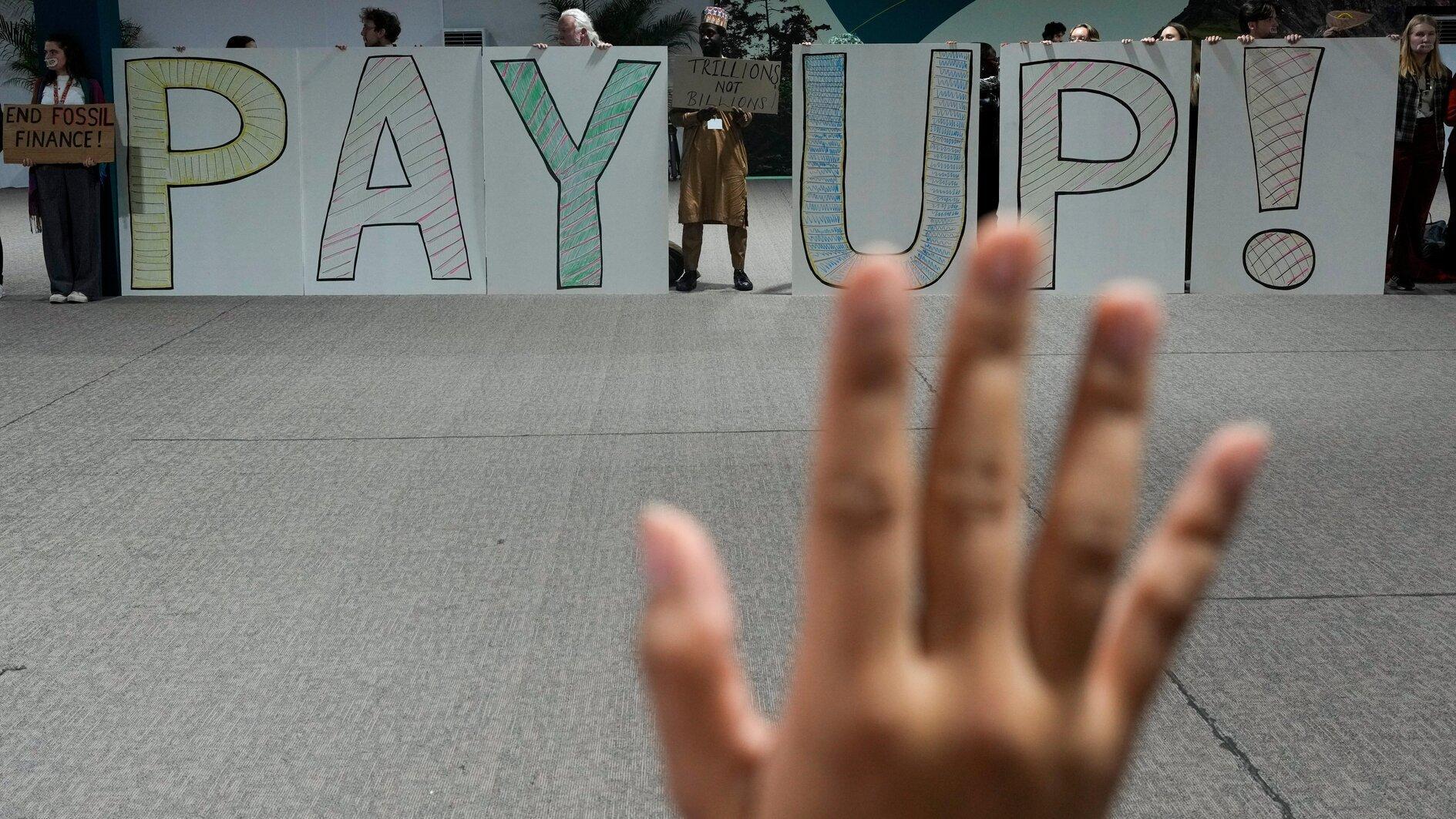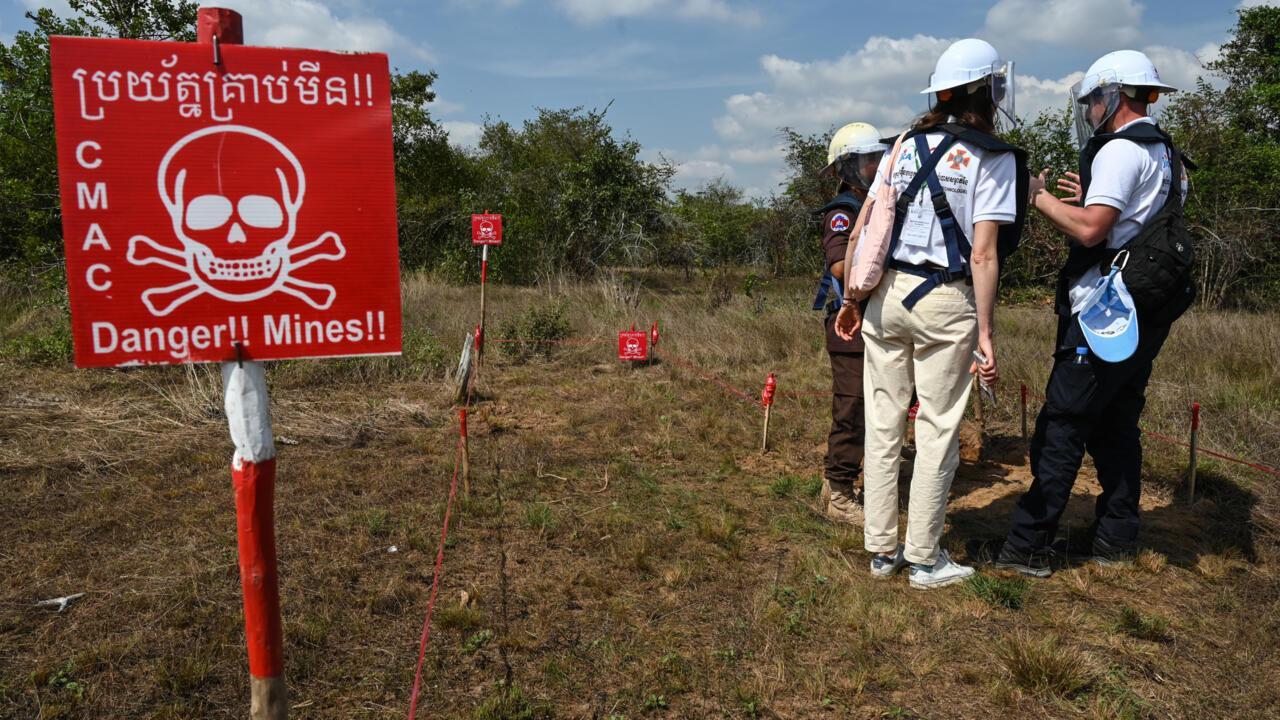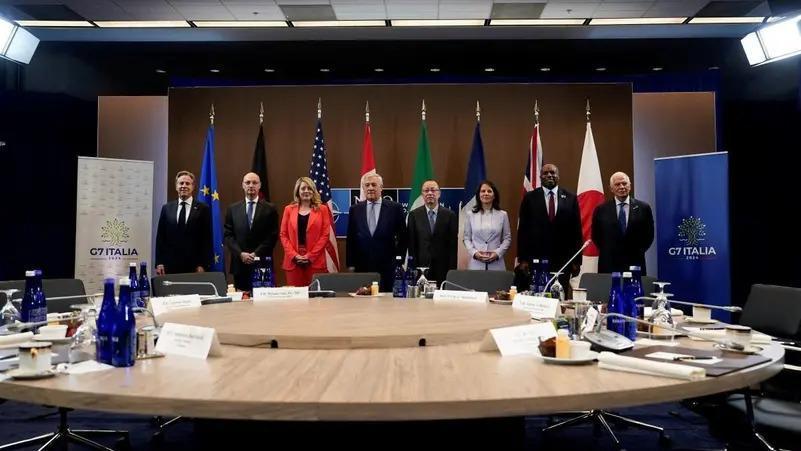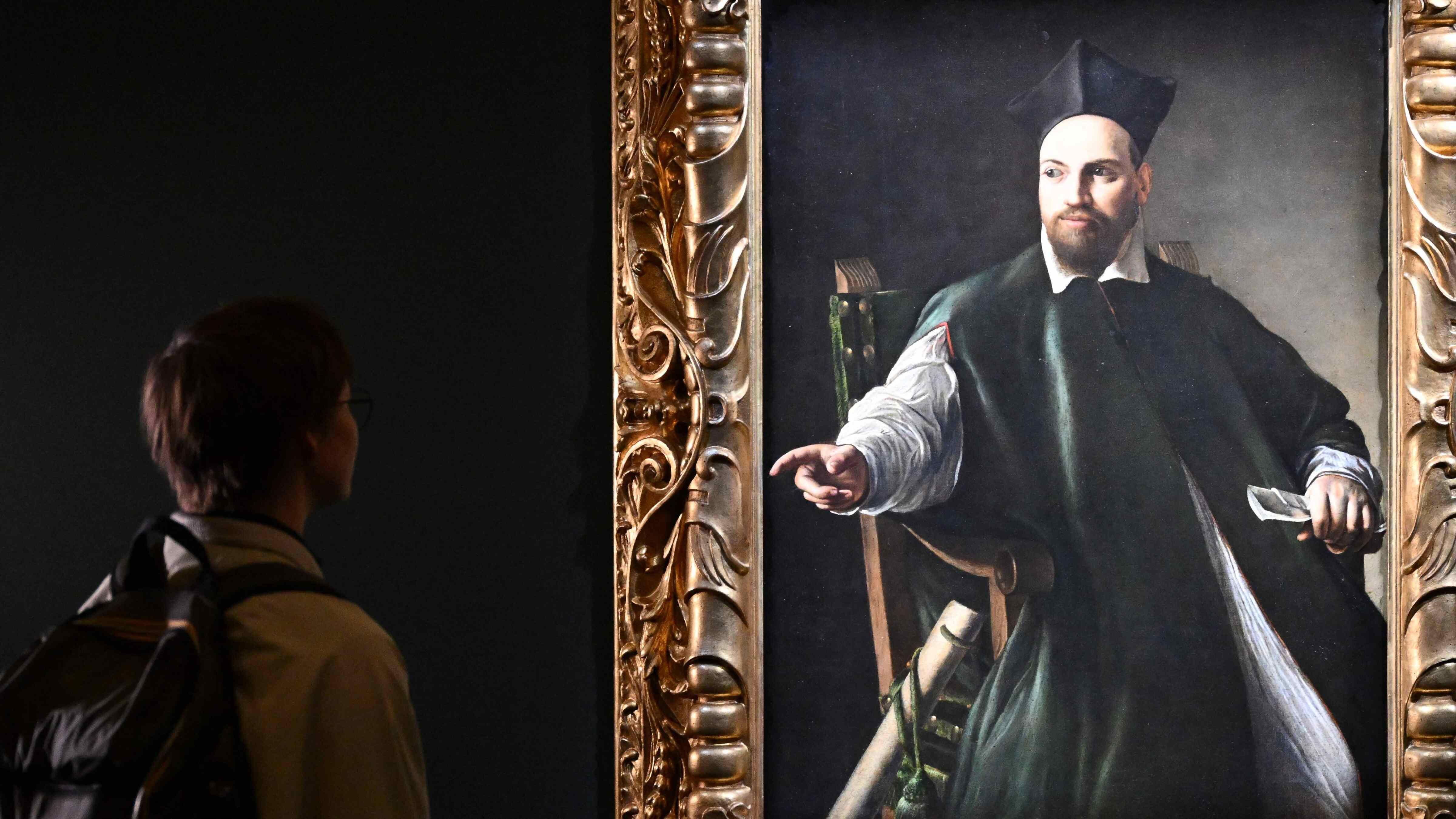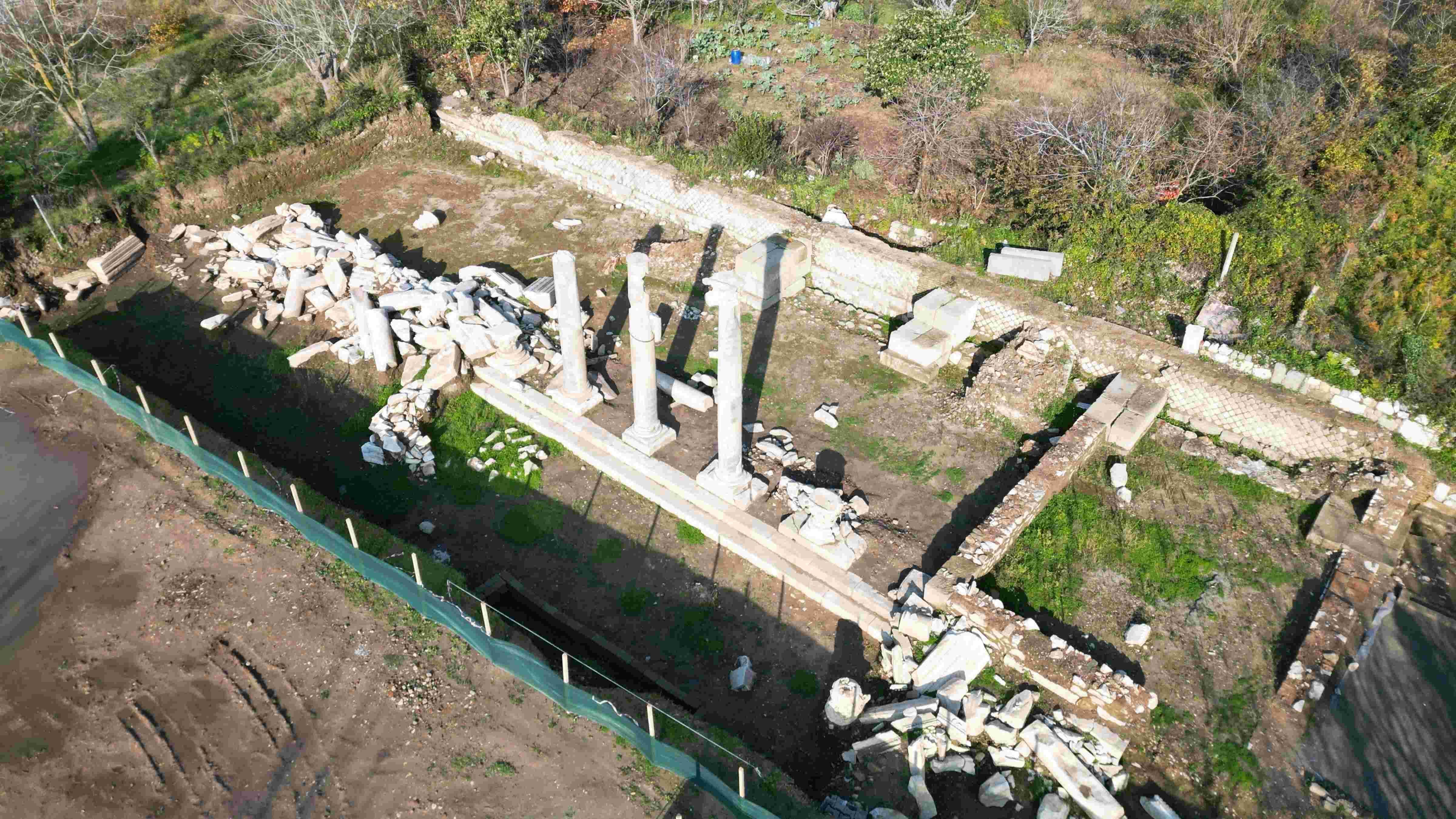Outlawed PKK threatens new fight in Turkey
QANDIL - Reuters
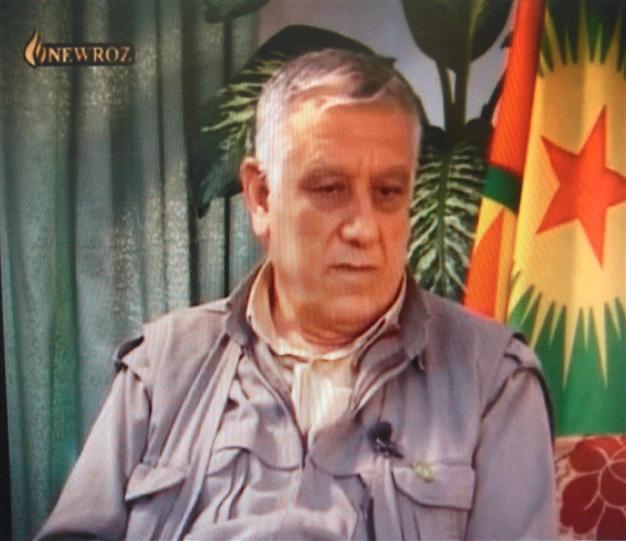
Cemil Bayık is a founding member of the PKK. DHA photo
The outlawed Kurdistan Workers’ Party (PKK) militants could halt the peace process and re-enter Turkey from northern Iraq, a senior leader of the group said at Qandil Mountains, threatening to “rekindle an insurgency unless Ankara resuscitates the peace process soon,” according to Reuters.Accusing Turkey of waging a proxy war against Kurds in Syria by backing Islamist rebels fighting them in the north, Cemil Bayık, a founding member of the PKK said they had the right to retaliate threatening to end the ongoing peace process, a round of meetings between the Turkish state and the organization’s jailed leader Abdullah Öcalan.
However, Ankara strongly denies backing any rebel faction against Kurds in Syria and has held regular talks with the head of a Syrian Kurdish group close to the PKK.
“The process has come to an end,” Bayık said in the interview, which took place on Oct. 19. “Either they accept deep and meaningful negotiations with the Kurdish movement, or there will be a civil war in Turkey.”
As prerequisites, Turkey must improve the conditions in which jailed Öcalan is being held and deal with him on equal terms, guarantee amendments to the Constitution and enlist a third party to oversee any further steps in the process, he added.
“Now we are preparing ourselves to send the withdrawn groups back to North Kurdistan if the [Turkish] government does not accept our conditions,” said Bayık. He said the direction of the process would become clear “in the coming days.”
The ongoing peace process was thrown further into doubt earlier this month when Turkish government unveiled a package of reforms Bayık described as “empty.”
“That package has nothing to do with democracy,” Bayık said, accusing Turkish Prime Minister Recep Tayyip Erdoğan of giving false hope. “There is no change in the mentality.”
The reform package revealed by Erdoğan on Sept. 30 stopped short of constitutional guarantees for Kurdish identity and culture, greater autonomy and native-language education, and did not touch anti-terror laws that have put thousands of political prisoners behind bars, Bayık claimed.
“We silenced our weapons so that politics could speak, but now we see that politics is in prison.”
Bayık claimed whilst the PKK had abided by the cease-fire, “Turkey had moved the frontline in its fight against the Kurds to Syria,” where civil war has raged for more than two years.
Bayık also accused Ankara and influential Turkish preacher Fethullah Gülen of recruiting and training Islamist “bandit groups” to fight Kurds in Syria on their behalf.
“At a time when the Turkish government is helping the bandit groups and is waging a war on the people of West Kurdistan... it is the right of the Kurdish people to bring the fight to Turkey,” Bayık said, referring to the northeastern corner of Syria, where a Kurdish group aligned with the PKK is in control.
Ankara denies arming the rebels or facilitating the passage of foreign fighters who have gone to join al-Qaeda-affiliated factions in Syria, including the Islamic State of Iraq and the Levant, and the al-Nusra front.
Asked whether the PKK had sent militants to reinforce the ranks of fellow Kurds in Syria, or would consider doing so in future, Bayık said they did not need help.
“We don’t want to send them to West Kurdistan,” he said. “If the Turkish government wants to insist on fighting, North Kurdistan is the field of war.”
However he admitted some Kurds from Syria who had previously member of the PKK in Turkey had returned home of their own volition, and that they increasingly felt compelled to go to Syria and fight there. Bayık said in principle the PKK had nothing against Iraq’s Kurdistan Regional Government (KRG) developing good relations with Ankara, as long as they were based on “equality, freedom and democracy.”


